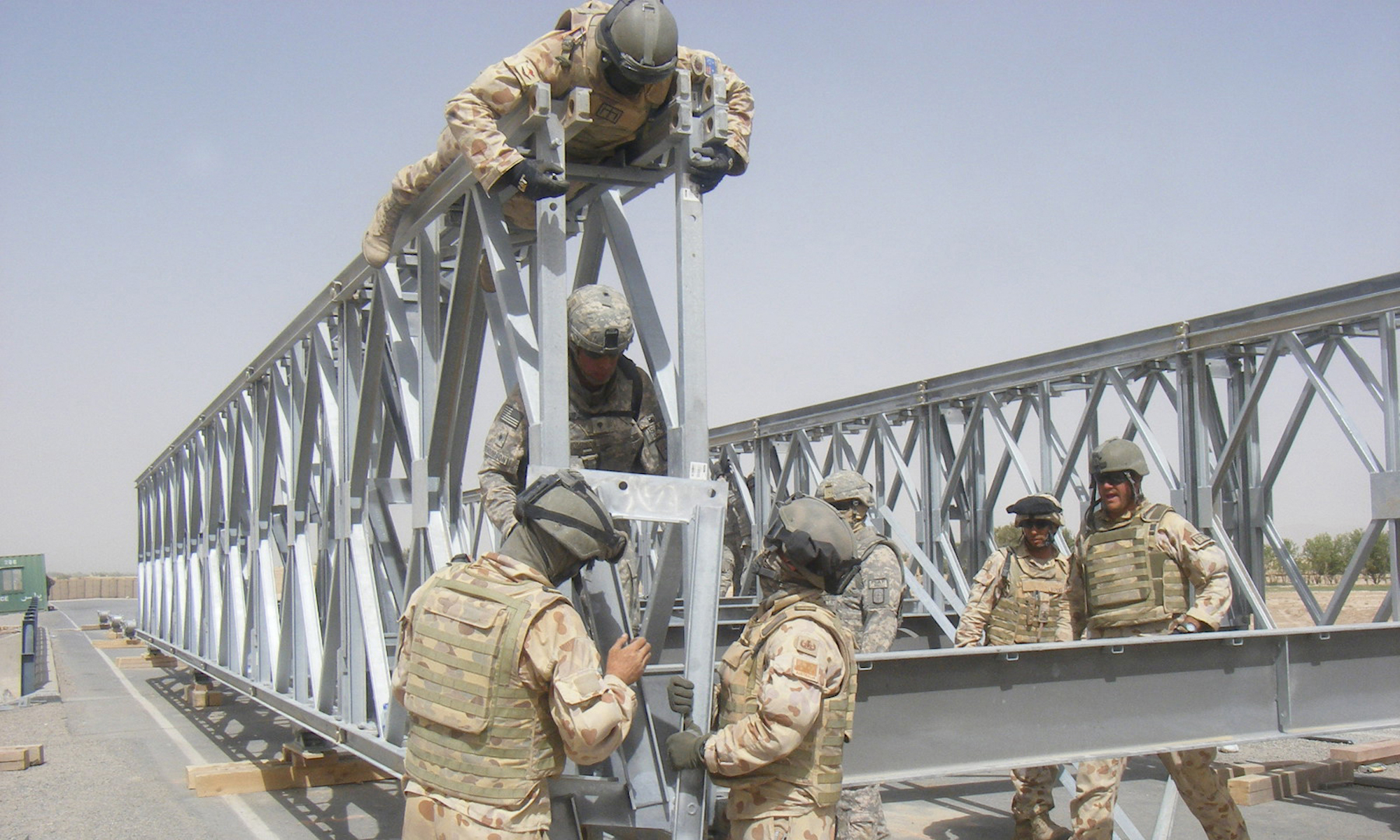This study examines the preventive effect of peacekeeping on mass killings of civilians in intrastate conflicts. Peacekeepers may be sent to the most difficult conflicts. Control variables might capture the difficultness, for example, measures of the intensity of fighting.This is insufficient if there are factors that are difficult to pinpoint and measure that affect both the likelihood that peacekeepers are sent in and the risk of mass killings. Such unmeasured explanatory factors may bias our results.This paper applies a statistical technique, seemingly unrelated probit, that corrects for this problem and reveals a previously undetectable benign effect of peace keeping.

INSCT Postconflict Research Database
The Institute for National Security and Counterterrorism's Postconflict Research Database & Analysis Project stores cross-indexed bibliographic information on hundreds of journal articles, books, book chapters, and case reports that address the broad, interdisciplinary fields of postconflict reconstruction, stabilization, and peacebuilding.